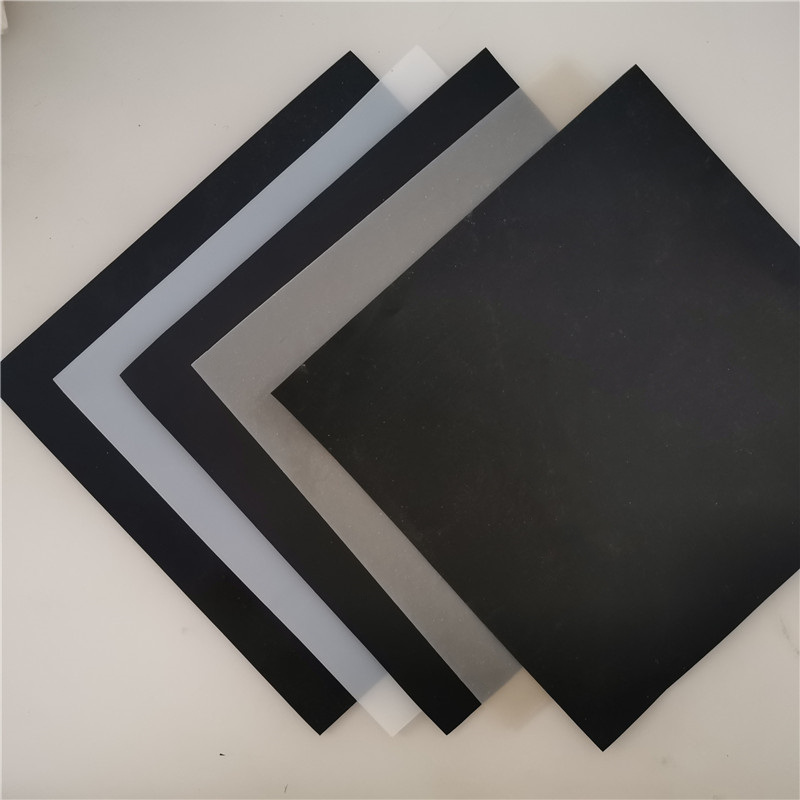
产品介绍:
![1602754345855463.jpg u=136869127,986907613&fm=26&gp=0[1].jpg](/static/upload/image/20201015/1602754345855463.jpg)
Three-dimensional vegetation net ---- is a new type of civil engineering material, belonging to the
reinforcing material in the new materials technology field of the national high-tech product catalogue.
Product features
Three-dimensional vegetation net is a kind of three-dimensional structure net pad similar to loofah
network used for grass planting and soil fixation. It is loose and flexible in texture, leaving 90% ofthe
space to be filled with soil, gravel and fine stones. Plant roots can pass through it and grow comfortably,
neatly and evenly. After the grass is fully grown, the net pad, grass and soil surface are firmly combined
together. As the plant roots can penetrate 30 to 40 centimeters below the ground surface, a solid green
composite protective layer is formed.
Product features
1.Before the turf grows, it can protect the land surface from erosion by wind and rain.
2. It can firmly keep the grass seeds evenly distributed on the slope, preventing them from being washed
away by wind and rain.
3. The black net mat can absorb a large amount of heat energy, increase ground moisture, promote seed
germination and prolong the growth period of plants.
4. Due to the rough surface, countless vortices are generated on the surface of the net pad by wind and
water flow, thus creating an energy dissipation effect and promoting the deposition of their carried materials
in the net pad. 5. The composite protective layer formed by the plants after they grow can withstand the
erosion of high water levels and high flow rates (3 to 4 meters per second within two days and 5 to 6 meters
per second within 4 to 5 hours).
6. It can replace permanent slope protection materials such as concrete, asphalt and block stones, and be
used for slope protection of highways, railways, rivers, DAMS, hillsides, etc.
7. It can significantly reduce the project cost, being only 1/7 of that of C15 concrete and dry block stone
slope protection, and 1/8 of that of mortar block stone.
After being laid on the surface of sandy soil, it can prevent the movement of sand dunes, greatly increase
the surface roughness, increase the surface sediment, change the physical and chemical properties of the
surface, and improve the local ecological environment.






